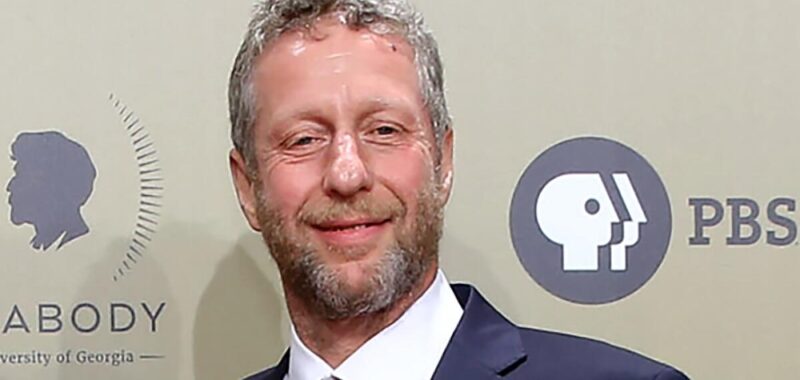NPR has suspended a veteran editor who wrote an essay criticizing the public broadcaster for having what he described as a lack of politically diverse viewpoints.
Uri Berliner, an award-winning business journalist who has worked at the network for 25 years, will be off the job for five days without pay. Berliner acknowledged the suspension Monday in an interview with NPR. He did not respond to The Times’ request for comment.
The suspension came after Berliner put a harsh spotlight on NPR with an April 9 opinion piece for the Substack newsletter the Free Press. He said the decline in NPR’s audience levels is due to a move toward liberal political advocacy and catering to “a distilled worldview of a very small segment of the U.S. population.” The overall thrust of the piece asserted that NPR has “lost America’s trust.”
An NPR representative said the network “does not comment on individual personnel matters, including discipline. We expect all of our employees to comply with NPR policies and procedures, which for our editorial staff includes the NPR Ethics Handbook.”
Berliner was told by management last week that he violated company policy by failing to secure its approval to supply work for other news outlets, according to an NPR news report by media correspondent David Folkenflik. Berliner was informed that he will be fired if he violates that policy again.
Berliner’s essay has been seized on by right-wing media outlets that frequently accuse NPR and other mainstream news sources of a liberal bias.
On Monday, conservative activists resurfaced years old social media posts by current NPR Chief Executive Katherine Maher, in which she expressed her disdain for the former president. In one 2020 post, she called Trump a racist.
Maher took on her NPR role in January. She previously headed the nonprofit Wikimedia Foundation, which operates Wikipedia, and has no previous experience in journalism. NPR has said Maher was not in an editorial role at the foundation when she made the social media posts, adding that she “is entitled to free speech as a private citizen.”
Berliner’s essay said the network began to lose its way after former President Trump’s 2016 election victory.
“I eagerly voted against Trump twice but felt we were obliged to cover him fairly,” Berliner wrote. “But what began as tough, straightforward coverage of a belligerent, truth-impaired president veered toward efforts to damage or topple Trump’s presidency.”
Berliner said the network overplayed the investigation of Russian collusion with the Trump campaign in the 2016 presidential election. He also said the news operation turned a blind eye to the story of the laptop abandoned by President Biden’s son Hunter in October 2020, out of concern that coverage of the matter would help reelect Trump.
Berliner was also critical of NPR’s coverage of the Israel-Hamas war and the origins of the COVID-19 virus, as well as the organization’s focus on race and identity, which he said “became paramount in nearly every aspect of the workplace.”
Edith Chapin, NPR’s chief news executive, rejected Berliner’s analysis in a memo to staff after his piece was published.
“We’re proud to stand behind the exceptional work that our desks and shows do to cover a wide range of challenging stories,” she wrote. “We believe that inclusion — among our staff, with our sourcing, and in our overall coverage — is critical to telling the nuanced stories of this country and our world.”

